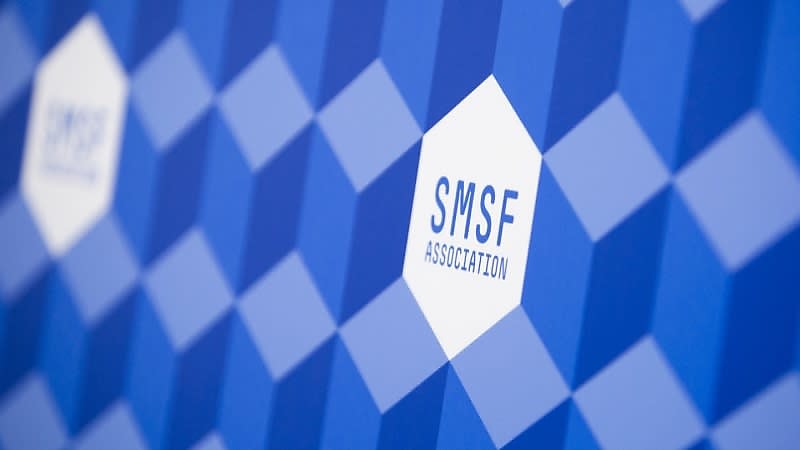SMSFA asks for clarification on capped defined benefits amendments
The SMSF Association has asked for clarification on two points in the amendments to the draft legislation on successor fund transfers and capped defined benefit income streams.
In a submission to the Treasury Laws Amendment Instrument 2024: Successor Fund Transfers and Capped Defined Benefit Income Streams (exposure draft), the association said changes are urgently needed to address unintended consequences affecting individuals with capped defined benefit funds in the circumstances set out in the explanatory statement.
It stated that it is aware of several cases where impacted individuals have been required to commute excess amounts assessed from other superannuation interests where a member who held a capped defined benefit interest in Fund A, which under the successor fund transfer rules was commuted and transferred to Fund B.
“The member then commenced a new capped defined benefit pension in Fund B which resulted in an excess transfer balance account because the transfer balance account debit arising on the commutation of the pension in Fund A was less than the transfer balance account credit that arose for the new pension in Fund B,” it stated.
“The member then received an excess transfer balance cap determination. The member also has an account-based pension in a self-managed superannuation fund (SMSF) and to comply with the determination, they commuted the excess transfer balance amount from their account-based pension by transferring this amount back to the accumulation phase in their SMSF.”
The submission continued that these measures intend to reinstate the taxpayer, as much as possible, to their original position, but the association wanted to seek clarification on two issues.
The first concerned the taxation levied and paid on the original excess determination will be refunded, and the second regarded excess transfer balance earnings amounts applied to the member’s transfer balance account are to be reversed.
“Amounts commuted from the SMSF account-based pension would be held in an accumulation interest in the fund. The result is a loss of some of the exempt current pension income treatment for taxation purposes,” it stated.
“We acknowledge that this is difficult to remedy as this may extend over multiple years. A compensatory measure would be to allow a member to add amounts reinstated on the retrospective application of these amendments, directly to an existing account-based pension.”
Although this type of measure is not permitted under the operation of existing superannuation law, the SMSFA said it would alleviate some of the additional administration and cost that would be incurred by the member in returning these amounts into a pension interest.
“Members are prohibited from adding further capital to an existing pension account,” it continued.
“Without a legislative amendment to allow the reinstatement of the pension interest, members who wish to return the ejected funds to their pension interest will be limited to either commencing a second pension account; or ceasing their current pension interest and start a new pension using the proceeds and commutation amount being returned.”
Additionally, the association states both these options would incur additional administration and other costs to the member, and the first option may not even be viable for some.
“Depending on the magnitude of any adjustment to the member’s transfer balance account, the costs associated with starting and maintaining a small additional pension may be prohibitive and not in the best interest of the member,” the submission stated.
“The second option requires multiple transfer balance account reporting events, which will not qualify as SFTs and could compound the discrepancy between credits and debits in a member’s transfer balance account.”
Finally, the SMSFA said each step would also require pension documentation – commencement and commutation – as applicable.
“Removing the red tape and regulatory restrictions for these limited circumstances would assist greatly in addressing these one-off issues,” it added.
“It would go some way to compensate funds for the loss of ECPI that would not have been lost were these measures operative from 1 July 2017.”








